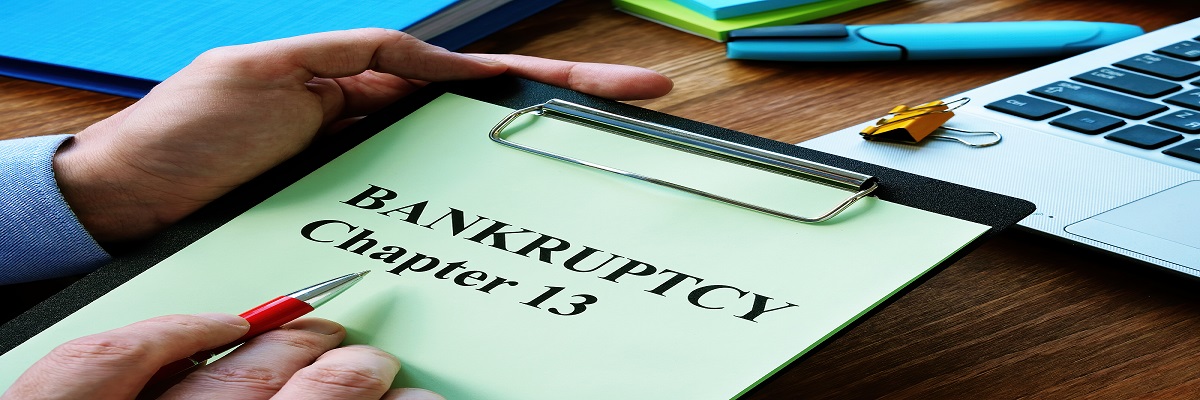Call: 888-297-6203
Yes, if you file for bankruptcy under chapter 13, you can keep all your Property by paying a certain amount for it. This means you can either protect or get an exemption on a percentage of equity on your property to maintain your home as well as your job. In fact, you can even keep your non-exempt property (eg Boat, a luxury item, card collection) from being surrendered if you agree to pay for it through your Chapter 13 Repayment Plan.
You can also protect your property which is on collateral. But for that, you must continue making the payments along with the arrears over time.
Why getting your property exempted is expensive?
You cannot get to keep your property for free unless it’s exempted. For non-exempted property, you will need to pay for it. So how do you know whether your property is exempt or non-exempt?
Well, the state makes the decision on what property is required for you to start over after you file for bankruptcy. If your property is exempted, then you do not need to pay for anything, irrespective of the bankruptcy chapter you file under.
However, what happens to your non-exempted property will vary on the Chapter of bankruptcy you file under-
· Chapter 7 – Under this chapter, all your non exempted property will be liquidated (sold) and will be used to pay off your unsecured debts.
· Chapter 13 – Under this Chapter, the non-exempt property will not be liquidated however you will need to pay the value to your creditors by means of the 3-5 years Repayment plan.
Can your Repayment Plan increase depending on your Non-exempted property?
Under the Chapter 13 Repayment plan, you are expected to pay in full debts like – mortgage arrears along with taxes which is your Disposable Income. However, debts like unsecured debts – credit cards, utility bills will vary based on the balance income you have after paying off the priority debts.
However, if you have assets that are non-exempted, then, in such a situation you will either have to pay the total disposable income or an amount equivalent to that of your non-exempted assets – whichever is higher. Also, if you have a lot of non-exempt assets, you might not even qualify for filing for bankruptcy under chapter 13 if you don’t have sufficient income to make the required payment
You Must not default your loan payment if you wish to keep your home, car
It is of utmost importance to continue making regular payments of your collateral loan amount during your chapter 13 repayment program if you do not want the collateral asset to be repossessed. Since, if you default on any payment, the creditor, can appeal to the court to lift the automatic stay, thereby permitting the creditor to foreclose or repossess your asset.
Chapter 13 helps you to catch up on missed payments
One of the basic benefits of filing for bankruptcy under chapter 13 is that you get to spread out the missed payments over the course of the 3-5 years repayment plan. By doing this, you get prevent foreclosure as well as repossession of your asset.
If you require any guidance or help while filing for bankruptcy under chapter 13, do not forget to contact them once. As they will not only guide you but also suggest you the best course of action based o your situation.

